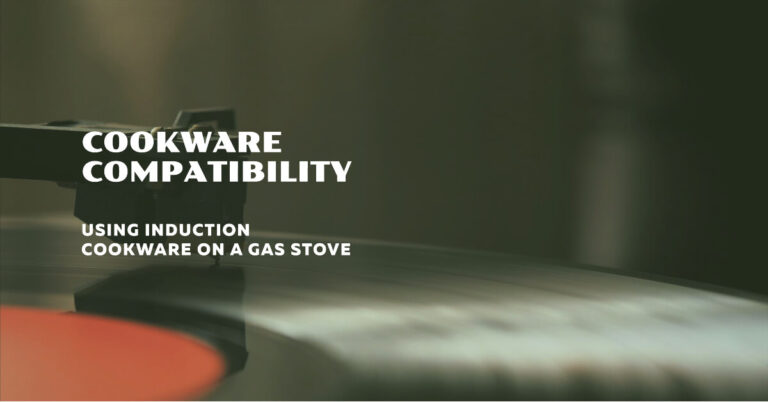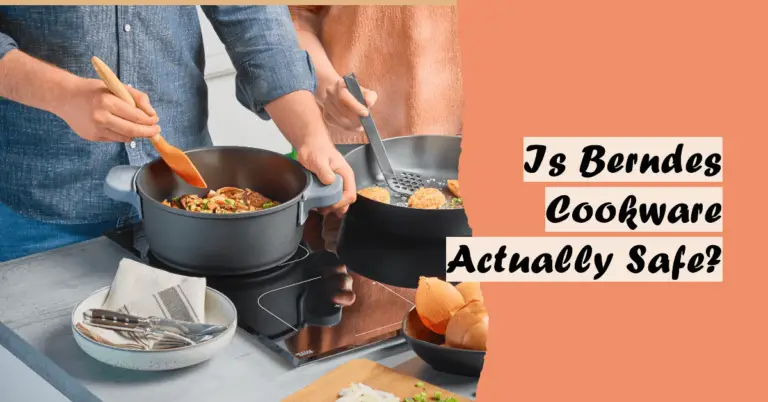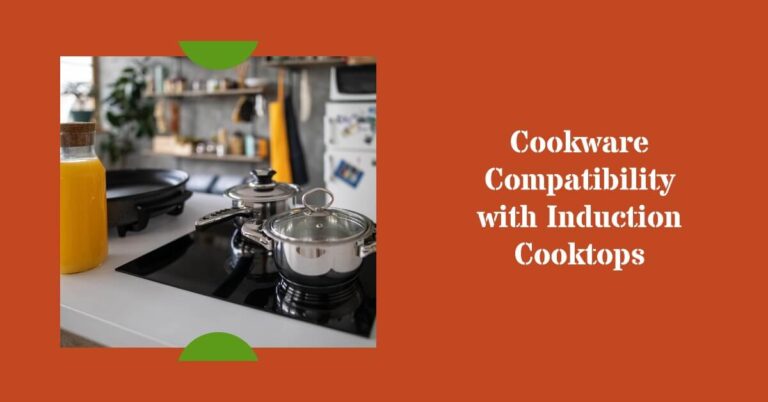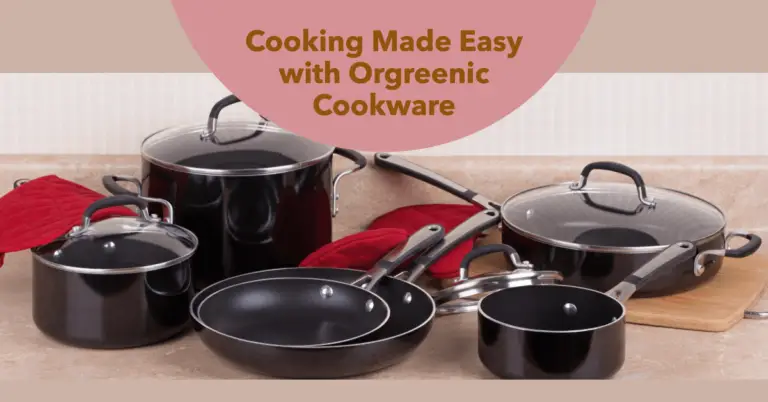Can You Use Metal Utensils on Granite Stone Cookware?
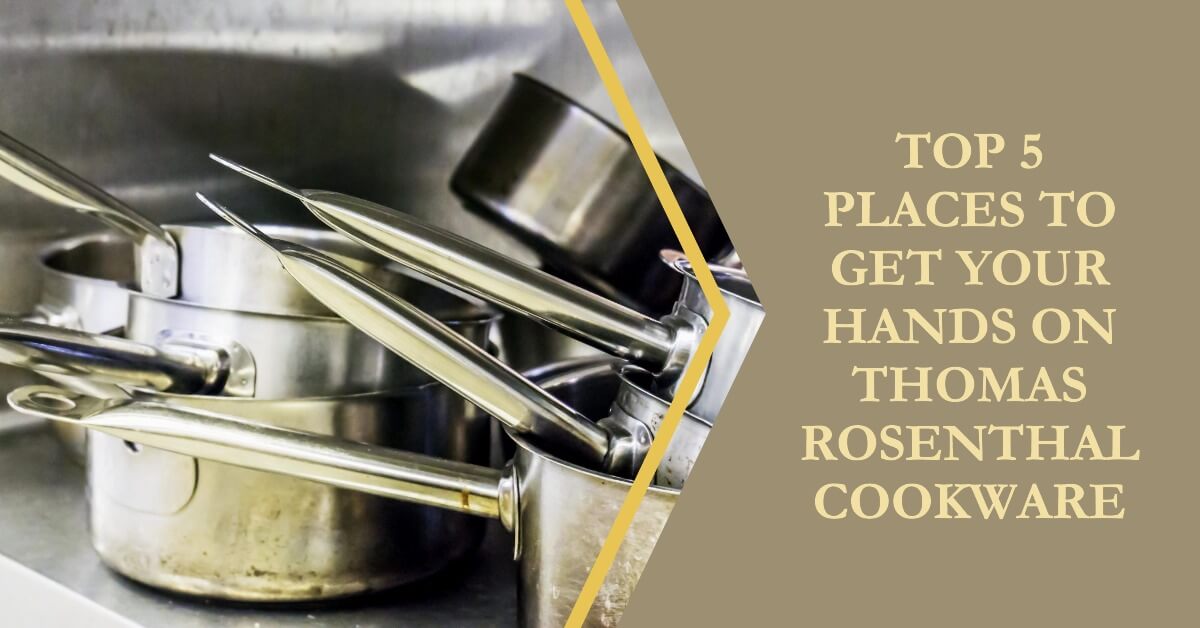
Granite stone cookware has become an increasingly popular natural nonstick alternative to traditional pans coated in synthetic nonstick materials like PTFE or PFOA. But many home cooks wonder – is it safe to use metal utensils on these rugged granite pans? Will metal damage the natural nonstick patina?
The good news is that yes, you can safely use metal utensils on granite stone cookware without damaging the pan’s surface. However, there are some tradeoffs to consider when using metal on granite vs. other utensil materials like silicon, wood, or plastic.
In this comprehensive guide, we’ll explore the pros and cons of using metal utensils on granite stone pans. You’ll learn what makes granite cookware unique, whether metal can damage the nonstick patina, usage tips to preserve your pans, and how granite compares to other popular cookware like ceramic and cast iron when it comes to utensil usage.
What Makes Granite Stone Cookware Unique?
Before diving into the specifics on utensil usage, let’s look at what makes granite stone cookware distinct from other pans in your kitchen.
Granite stone pans are made from 100% natural granite rock mined from quarries. The granite is cut into cookware shapes, polished smooth, and sometimes given an initial “seasoning” to create a natural nonstick patina.
Here are some key properties of granite stone that make it a rugged, high-performing cookware material:
- Naturally nonstick – The smooth polished granite creates a nonstick surface, without any chemical PTFE or PFOA coatings often used on traditional nonstick pans.
- Can withstand very high temps – Granite has excellent heat retention and can withstand temperatures up to 900°F. It’s safe for oven and broiler use.
- More durable than ceramic – Granite is tougher and more resistant to chips or cracks than ceramic cookware. It holds up better to rapid temperature changes.
- Eco-friendly and nontoxic – Made from natural stone, granite pans have no potentially harmful chemicals or coatings. They’re completely nontoxic.
- Heat distribution – While not as conductive as metals, granite distributes heat fairly evenly to prevent hot spots.
So in summary, granite stone offers an eco-friendly, nontoxic alternative to traditional nonstick pans, with impressive durability and heat resistance. The natural granite texture provides a smooth cooking surface that releases food easily when seasoned properly.
Now let’s look at the implications of granite’s properties when it comes to using metal utensils.
Are Metal Utensils Safe to Use on Granite Cookware?
Given granite’s durability and scratch resistance, metal utensils are generally safe to use on properly seasoned granite stone pans.
The granite is too hard and tough for metal utensils to cause any scratches or damage to the actual stone surface. So you don’t need to worry about metal damaging or gouging the granite itself.
However, it’s best to avoid cutting foods directly in the pan with sharp knives. The impact and dragging motion of cutting can gradually deteriorate the seasoned nonstick patina.
It’s fine to use metal tools like spatulas or spoons for cooking, stirring, and serving foods from granite pans. Just take care when cutting foods within the pan to preserve the seasons coating.
Pros of Using Metal Utensils on Granite Cookware
Given that metal won’t damage the granite surface itself, here are some benefits of using metal utensils versus other materials:
- Convenience – For busy cooks, it’s convenient to use the same types of metal utensils on granite pans as you would on stainless steel or cast iron. You don’t need separate utensil sets.
- Durability – Metal spoons, spatulas, tongs, etc. are extremely durable and hold up well to repeated high heat use, offering long service life.
- Deglazing benefits – Metal allows “fond” to form on granite as you cook, which can then be deglazed with wine or broth to create flavorful sauces.
- Scraping abilities – Metal tools like spatulas can effectively scrape up browned bits that are stuck to the cooking surface during cooking or after serving.
So in many cases, metal utensils can make cooking easier and more convenient on granite pans. The main downside is potential effects on the nonstick patina over time.
Cons of Using Metal Utensils on Granite Pans
While metal itself won’t damage granite, it can impact the seasoned nonstick coating in some negative ways:
- Faster patina wear – The hardness and scraping of metal can gradually wear away at the oils used to season granite over time.
- Requires more reseasoning – Due to patina wear, you may need to reseason granite pans more often when using metal utensils frequently.
- Can make scraping noises – Metal may make unpleasant scraping sounds against the rough granite cooking surface, especially if dragging across the pan.
- Less gentle on seasoning – Materials like wood, silicone or plastic are generally gentler and less abrasive on the nonstick coating.
So while metal itself is safe on granite, it can degrade the performance and longevity of the nonstick patina compared to other utensil materials.
Tips for Preserving Your Granite Stone Cookware
To get the longest usable life out of granite cookware, here are some tips for care and maintenance:
- Hand wash gently – Avoid abrasive scouring and use a soft sponge or rag with warm water and mild detergent to gently clean granite pans. The rough texture can damage scrubber pads.
- Reseason occasionally – Every few months, reseason granite by applying a thin coats of oil and heating on the stovetop or in the oven. This rejuvenates the nonstick patina.
- Avoid thermal shock – Don’t go from very high cooking temps to sudden temperature drops which can crack the stone. Allow to cool gradually before washing.
- Use lower oven racks – When using granite pans in the oven, place on lower racks closer to the heating element to minimize thermal shock potential.
- Avoid cutting in the pan – As mentioned before, refrain from cutting foods directly in the pan to prevent damaging the seasoned surface.
Following these care tips, your granite stone cookware should provide many years of high performance cooking.
How Does Granite Compare to Other Cookware for Metal Utensils?
How does granite stack up against some other popular cookware materials when it comes to using metal utensils? Here’s a brief comparison:
- Ceramic – Metal can chip, scratch, and degrade the seasoning of ceramic over time. Use only silicone, wood, or plastic on ceramic.
- Stainless Steel – One of the most metal utensil friendly surfaces. Just avoid abrasive scouring pads to prevent scratches.
- Cast Iron – Similar to granite, metal is safe on cast iron but can slowly wear down the seasoning over time.
- Enameled Cast Iron – Metal is fine on enameled surfaces, just avoid hitting the edges which can chip the enamel.
So while ceramic and enameled cast iron are more prone to surface damage from metal, stainless steel and traditional cast iron can handle metal utensils well. Granite falls somewhere in the middle in terms of metal utensil friendliness.
The Bottom Line
At the end of the day, metal utensils are safe for granite stone pans and won’t damage the stone itself. But metals like stainless steel may degrade the nonstick patina more quickly compared to utensils made from wood, silicone or plastic.
For convenience, metal can still be used for most cooking tasks with granite cookware. Just avoid cutting foods directly in the pan, and reseason a bit more frequently to maintain the natural nonstick performance. With proper care, granite stone can provide a durable, eco-friendly nonstick cooking experience for years to come.

